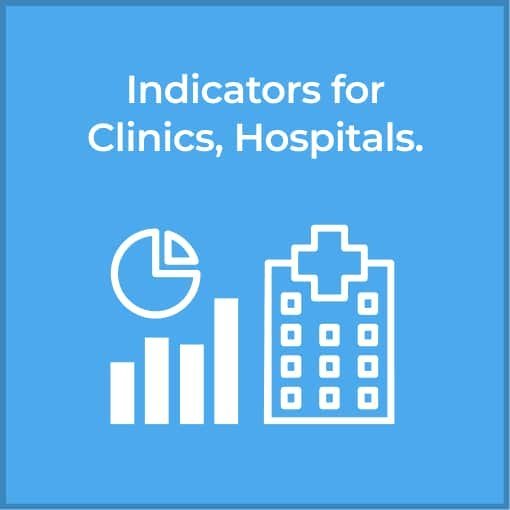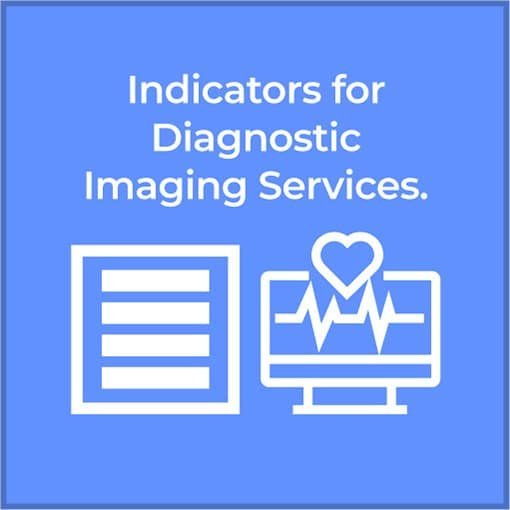

IT Health
Business intelligence is a process of great interest for the operation and development of companies or organizations in the health sector, accentuated in recent decades by continuous and accelerated technological changes, as well as by the need for access to and efficient management of information, especially for the benefits it offers for correct and timely decision-making.
In terms of its use in the healthcare sector, Business Intelligence can be used to improve the quality of patient care, reduce costs, and improve operational efficiency. Some examples of how BI can be used in the healthcare sector include:
- Identify patterns in patient data to improve care and treatment.
- Analyze financial data to identify areas for improvement in cost management.
- Identify trends in patient data to improve operational efficiency.
Key performance indicators (KPIs) integrate management systems at all levels of organizations, and are used at the organizational, departamental and individual levels.
A KPI (Key Performance Indicator) is an indicator considered indispensable to monitor the performance of a strategic objective, the overall result, or the outcome of a key area for the success of an activity and the growth of the organization as a whole.
Driven by increasing pressure on medical centers, limited availability of trained professionals, budget constraints, and the increasing professionalization of hospital management, the use of KPIs is becoming more prevalent.
The pillars of healthcare institutions: tools, people, and processes are the ideal medium for performance measurement initiatives thanks to the availability of data and the focus on continuous improvement.




